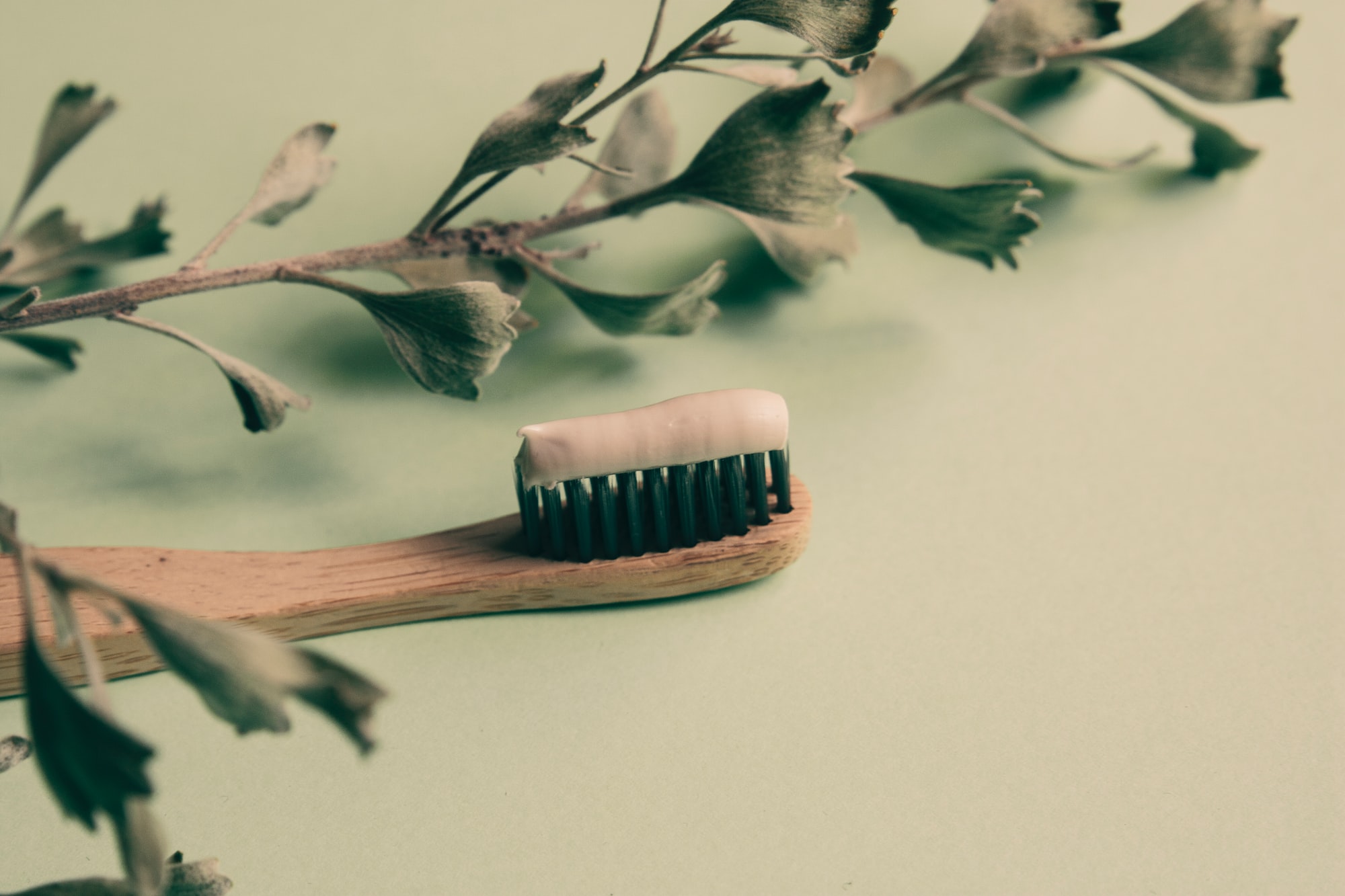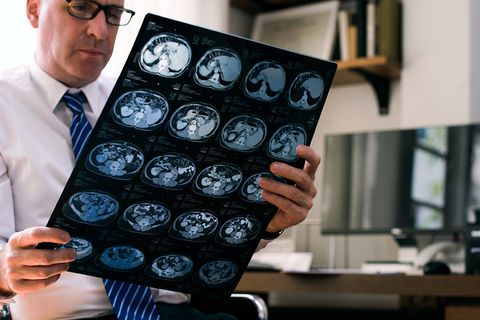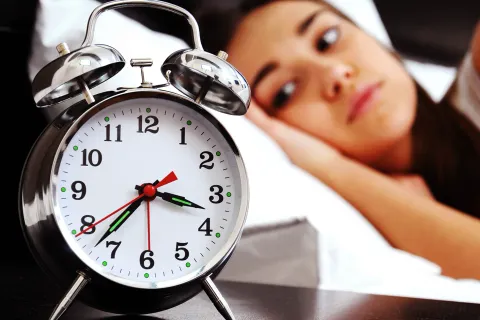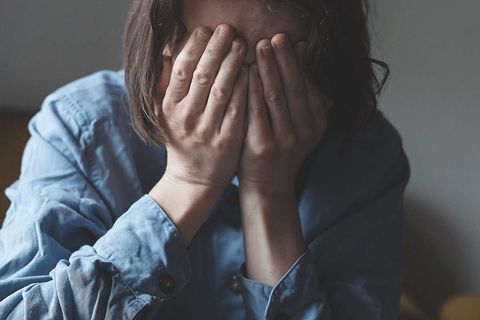Health
Question
Alcohol
How does alcohol affect dental health?

by Christine Humphreys
Published: August 05, 2021 Last updated: November 30, 2023

Dental decay is perhaps a lesser known risk factor of consuming excess alcohol which is more commonly associated with liver and pancreas damage.
The negative effects of alcohol on the body are numerous and varied, but oral health issues such as tooth decay, bad breath and gum disease are some of the more visible impacts that would take a smile off anyone’s face.
Alcoholic beverages contain high sugar content and bacteria in the mouth feed off these sugars contributing to a high risk of tooth decay.
Alcoholic drinks also contain harmful acids that cause erosion of enamel, leading to cavities. This happens over time and is more likely to affect those who’ve been drinking more than their fair share for years.
The acidity of alcohol can attack the surface of our teeth resulting, over time, in increased sensitivity to very hot or very cold food and drink.
So, if your teeth hurt when you eat ice cream, chances are your tooth enamel is being worn away.
The acid in alcohol not only coats the teeth, but that wonderful ‘mouth feel’ of our favourite full-bodied red also coats the tongue and the inside of the mouth where its absorbed by soft tissue.
You may notice, particularly after drinking red wine, that the tongue can remain stained. That residue can linger in the mouth at night eating away at the enamel as we sleep and seeping under the gum line causing periodontal disease.
The dangers of dehydration
Our bodies can become dehydrated after heavy drinking and in the mouth this means we produce less saliva. A healthy flow of saliva is essential to maintaining good oral health. You may know the feeling of a mouth like the bottom of a bird cage!
A dry mouth is one of the worst things for our teeth. Consumption of alcohol can cause insufficient saliva production and this can lead to oral bacteria on the tongue, inner cheeks and gums and increase the likelihood of damaging teeth, causing gum inflammation and bad breath.
Saliva produced in the mouth helps neutralise acids and, along with a good dental hygiene regime, will help keep the enamel strong and the gums free from the bacteria that causes gum disease and prevent surface erosion and permanent tooth loss.
Nothing can restore eroded enamel. Once it’s gone, it’s gone. There are pastes and mouth rinses that can combat increased sensitivity and some may halt the progression of erosion but once weakened, your teeth will become more prone to cracks and chips.
Sleeping well? Perhaps not as well as you think…
Heavy alcohol consumption is often linked to chronic anxiety and a common symptom of this disorder is grinding the teeth during sleep. Most people don’t know they are doing this until it’s pointed out to them by a restless room-mate or bedfellow.
This additional pressure on the teeth makes cracking and chipping more likely. There’s nothing that can be done to reverse the damage and the only solution is often costly cosmetic dental treatment – with a high risk that you’ll need a budget like Simon Cowell’s to afford.
Another negative impact of excessive alcohol consumption is that heavy drinkers sometimes tend to brush their teeth less often than moderate drinkers and this leads to plaque buildup.
Most drinkers will recall times when they have fallen into bed after a session without thinking about their teeth.
It has been suggested that the relationship between alcohol and oral health could explain why heavy drinkers can develop more severe forms of oral diseases such as gingivitis and periodontal diseases.
Some studies on alcohol abuse have shown that people who consume more than two units a day, compared to those who stick to the recommended maximum of 14 units a week, had higher rates of tooth decay.
According to an article published in the Journal of Dental Research it was found that subjects whose alcohol consumption exceeded three alcoholic beverages daily for one year showed significantly greater plaque levels than non-drinkers.
But you brush and floss, right?
Even those who follow good oral hygiene practices and access dental care can still suffer the consequences. If you’ve been having a night cap or two, when you brush your teeth before bed, you risk grinding that acid into the enamel.
And if you then use a mouthwash containing alcohol, you may be compounding the problem.

Dentists suggest rinsing the mouth with plenty of water for a minute before brushing to avoid adding to the risk of decay even after moderate drinking.
Moderate alcohol intake – which is no more than 14 units of alcohol per week – combined with a healthy lifestyle, good oral hygiene and regular visits to a dental professional for good oral health care will help reduce the risk of negative effects of alcoholic drinks on your teeth.
Of course there are many things other than alcohol that are a common risk factor in tooth decay. Any sugary foods, sugary drinks, especially soft drinks such as dark soda, acidic beverages such as fruit juice, confectionery, citrus fruits, acidic foods including tomatoes, salad dressings – even coffee – can result in decayed teeth.
And some people have underlying conditions such as blocked or malfunctioning saliva glands, acid reflux which causes tooth erosion, or maybe taking medication which causes a dry mouth and can lead to tooth erosion and dental disease.
There are foods that neutralise mouth acids and it helps limit the potential risk to teeth if we eat these after a meal or after sugary or acidic food or drink.
Water is an easy option to cleanse the palate or foods including veggies such as raw carrot, celery, broccoli or lettuce, yoghurt, low fat milk – or skip the pudding and choose the cheeseboard instead.
It’s no accident that the French introduced us to wine and cheese parties!
So, what should you be doing?
The best option to protect your teeth is to avoid alcohol and sweet and sugary foods.
If you reduce your levels of alcohol consumption you can substitute your regular wine and beer with alcohol-free alternatives. These help your body and mouth remain hydrated with a healthy flow of saliva to keep your teeth moist, plus you’re unlikely to over-indulge, and less likely to neglect your dental hygiene routine.
However, remember that even alcohol-free alternatives contain sugar and acids and that they’re best consumed with cheese or other neutralising foods, followed by good oral hygiene practices and using a dental service at least once a year to keep teeth and gums healthy and strong.
How much did you learn from this article?
Welcome to this toothsome quiz we've crafted for you! It will put to the test your understanding of the article you just read. The topic is rather mouthful - 'How does alcohol affect dental health?'. Ready to sink your teeth into it? Let's go!

About The Author
Christine Humphreys
Chris Humphreys is the co-founder of The Alcohol-Free Shop and AlcoholFree.com. She was a journalist for more years than she cares to remember. Ex-wife of an alcoholic, enthusiastic amateur musician and a passionate dog lover.
Is unwinding with a drink rotting your brain?
August 02, 2023

The Ugly Truth: Happy Hours, Unhappy Skin—The Ageing Effects of Alcohol
April 11, 2023

Say Goodbye to Sleep Troubles: Discover the Shocking Truth about Alcohol and How to Improve Your Sleep in Sobriety
January 13, 2023

Does alcohol weaken immunity and make us more susceptible to illness?
April 06, 2021

Does alcohol cause depression and anxiety?
January 14, 2021

Why does alcohol make anxiety and depression worse?
January 14, 2021

Does heavy drinking affect physical appearance?
March 14, 2017
